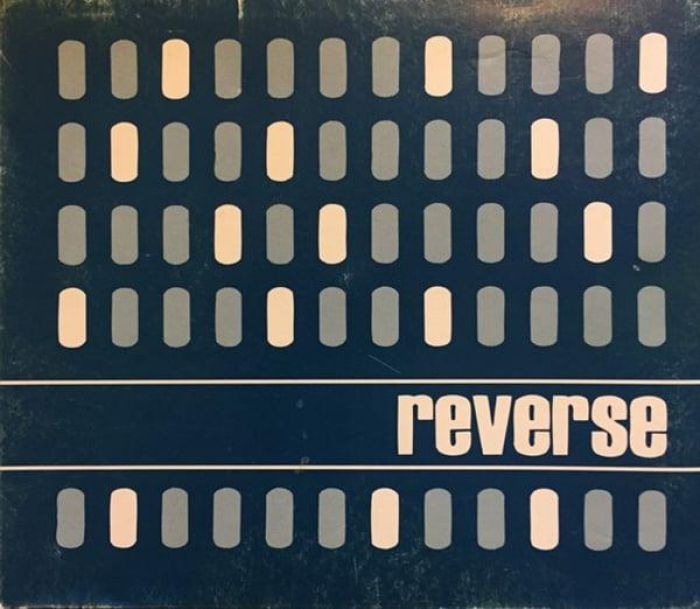Reverse by Reverse (Review)

I think I laughed out loud when I read statements like “Reverse are doing what they love, writing great songs, and challenging the typical Indy-rock world, and it’s attitude,” “Reverse will… bring songwriting back to the mainstream, making you think you have been lost in a world without true rock and roll,” and my favorite, “Each song is honest to the listener as well as the artist. This greatly impresses their audience and peers, leaving them wanting more.”
Now that’s some pretty brash talk. Maybe even a little pompous. But darn it all if they don’t nearly pull it off. Part of me thinks that Reverse’s bio was just a little tongue-in-cheek, because you won’t find any grandstanding or flamboyance in their music. What you will find is just what Reverse claims to deliver, perfect pop songs. I think the best term to use is “punchy.” Each song just rockets out of the gates, grabbing your interest and attention before launching off into atmospherics (which are thankfully restrained). The basic sound is reminiscent of shoegazer greats Catherine Wheel, a band that knew how to be dreamy, but also understood the importance of rocking out. The vocals, handled by Ivan Howard, are consistently good, with just enough bite to keep pace with the music.
The entire album is slathered in lo-fi production values, adding a curious AM radio feel to the whole thing. But it just goes to show how good Reverse’s songs are; the fuzzy production does absolutely nothing to obscure just how good these songs are. In fact, I’d go so far as to say that a “better” production job would actually harm the band’s sound (although it does tend to distort and obscure some of the lyrics).
“Easier When We Try” sounds like a Starflyer 59 that fully gave into their surf influences, with reverb aplenty and Howard’s vocals careening around the chorus. “Perfect Vacation“ ‘s melody is performed by a ringing guitar that winds its way throughout the entire song, making itself known in the best spots. “I’m In” and “Missing Piece” might be the most rocking tracks on the album (though many vie for that title). The former features crunchy guitar riffs and modulated distortion, while the latter is fueled by its explosive drumming. Howard delivers his strongest vocal performance on “You Always Knew,” a bluesier track that sees him straining his vocals to their breaking point in direct contrast the song’s mellower nature. The album’s strangest point is “Look To Find,” which sets Reverse’s fuzzy pop against what sounds like a drunken music box (and then gives way to the hidden track, full of lo-fi honky tonk goodness).
Perhaps Reverse really are full of themselves. Perhaps they mean every word when they say something like “praised by the media for their ability to bring back songwriting to the rest of the music world, they have been able to carve out a niche in the independent music world.” But this isn’t a review of Reverse’s press release. While I hope that Reverse is humbler than some of their statements make them out to be, so help me if Reverse doesn’t actually live up to most, if not all of their grandiose statements.